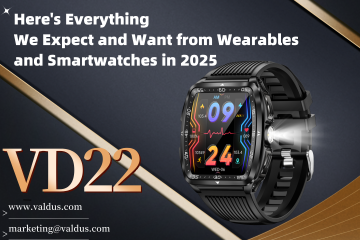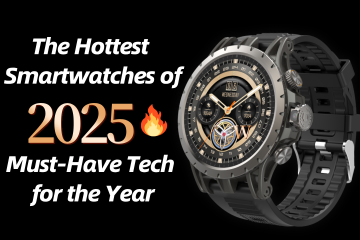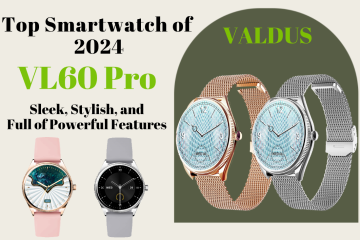How Accurate are ECG Smart Watches? Shocking Results
In recent years, ECG smartwatches have become increasingly popular as they offer users the ability to monitor their heart health from the comfort of their own homes. These devices promise to provide insights into heart rhythms and detect irregularities that could indicate serious health conditions. But how accurate are ECG smartwatches compared to traditional medical devices? This comprehensive guide delves into the accuracy of ECG smart watches, revealing some shocking results and what they mean for users.
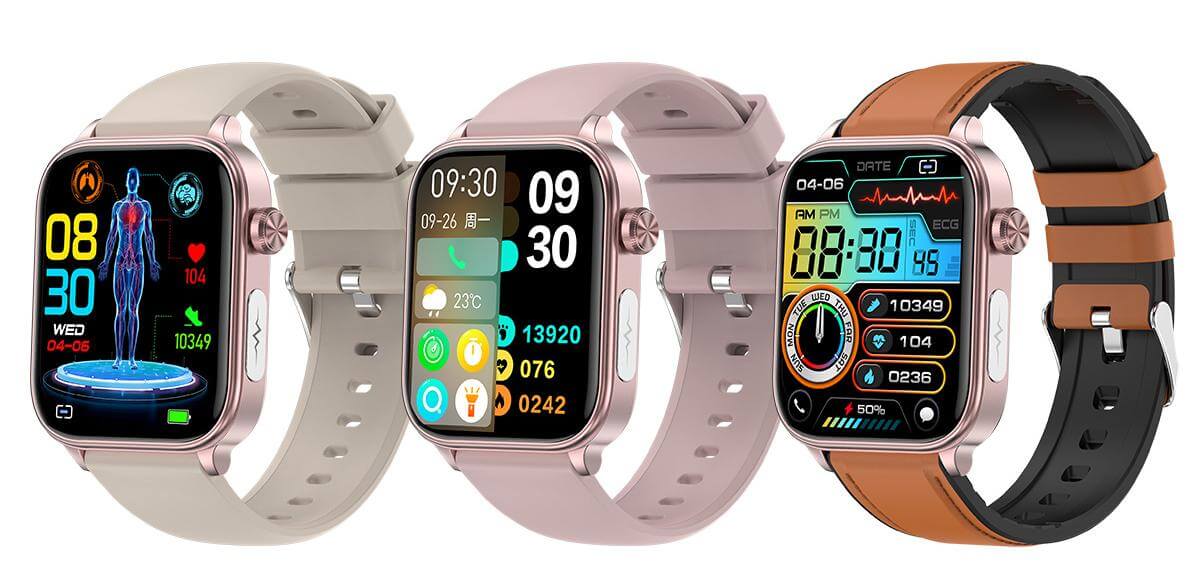
- Understanding ECG Technology
- Key Features of ECG Smart Watches
- Comparing ECG Smart Watches to Medical Devices
- The Science Behind ECG Accuracy
- Real-World Accuracy
- Brands and Models
- Benefits of ECG Smart Watches
- Limitations and Challenges
- The Future of ECG Technology in Wearables
- Practical Tips for Users
- FAQs
- How accurate are ECG readings from smartwatches?
- Can ECG smart watches detect heart attacks?
- Are there risks associated with using ECG smartwatches?
- How often should I use my ECG smartwatch?
- What should I do if my ECG smart watch detects an irregularity?
- Do I still need regular check-ups if I use an ECG smartwatch?
- Conclusion
Understanding ECG Technology
ECG, or electrocardiogram, technology is a powerful tool for monitoring heart health. It measures the electrical activity of the heart to detect irregularities and potential issues.
What is an ECG?
An ECG records the electrical signals in your heart. It’s a common and painless test used to quickly detect heart problems and monitor heart health. Traditional ECGs are performed in medical settings using a machine that captures the electrical activity through electrodes placed on the skin.
How Do ECG Smart Watches Work?
ECG smartwatches use similar principles but in a more compact and convenient form. These watches have built-in sensors that can measure the electrical signals from your heart by placing a finger on the watch’s crown or by using built-in electrodes on the back of the watch. The data is then analyzed by algorithms to provide a reading.
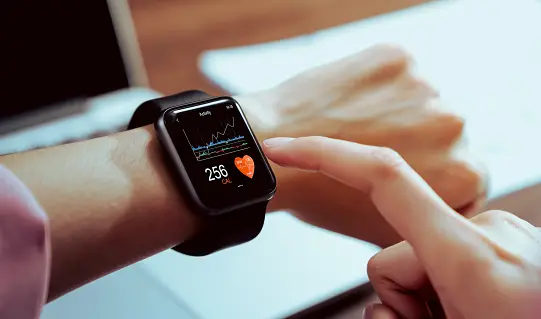
Key Features of ECG Smart Watches
Understanding the key features of ECG smartwatches helps in evaluating their accuracy and functionality.
Built-in Sensors
ECG smartwatches are equipped with highly sensitive sensors that detect electrical signals from the heart. These sensors are often made of advanced materials that enhance their sensitivity and accuracy.
Data Analysis and Interpretation
Once the sensors capture the electrical signals, the data is processed by sophisticated algorithms. These algorithms interpret the data to detect irregular heart rhythms and other anomalies, providing users with understandable results and alerts.
Comparing ECG Smart Watches to Medical Devices
To gauge the accuracy of ECG smartwatches, it’s important to compare them with traditional medical-grade ECG devices.
Accuracy of Medical-Grade ECGs
Medical-grade ECG devices are known for their high accuracy and reliability. They use multiple leads to capture comprehensive data, providing detailed insights into heart health. These devices are typically used in clinical settings and are operated by trained professionals.
How ECG Smart Watches Measure Up
ECG smartwatches, while not as comprehensive as medical-grade devices, have shown promising accuracy. Several studies have demonstrated that these watches can reliably detect common arrhythmias like atrial fibrillation (AFib). However, their single-lead design means they may not capture as much detail as multi-lead medical ECGs.
The Science Behind ECG Accuracy
The accuracy of ECG readings from smart watches depends on several scientific factors.
Signal Quality and Noise Reduction
The quality of the electrical signal captured by the watch’s sensors is crucial. Advanced filtering techniques and noise reduction algorithms help improve signal clarity, making it easier to detect accurate heart rhythms.
Algorithmic Precision
The accuracy of an ECG smartwatch also hinges on the precision of its data analysis algorithms. These algorithms must accurately interpret the electrical signals and distinguish between normal and abnormal heart rhythms. Continuous improvements in machine learning and AI are enhancing the precision of these algorithms.

Real-World Accuracy
Clinical studies and user experiences provide valuable insights into the real-world accuracy of ECG smartwatches.
Clinical Studies and Findings
Several clinical studies have evaluated the accuracy of ECG smartwatches. For example, a study published in the Journal of the American Medical Association found that the Apple Watch’s ECG feature accurately identified AFib in 84% of cases compared to a standard 12-lead ECG. These findings suggest that while ECG smartwatches are not perfect, they offer a reliable tool for monitoring heart health.
User Experiences
User experiences with ECG smart watches vary, but many report satisfaction with the device’s ability to provide quick and convenient heart health insights. Some users have credited their smartwatches with detecting serious heart conditions that were later confirmed by medical professionals.
Brands and Models
Several leading brands have introduced ECG smart watches, each with unique features and capabilities.
Apple Watch Series
The Apple Watch Series is renowned for its ECG functionality. It uses a combination of electrodes built into the back crystal and the Digital Crown to capture ECG readings. The watch can generate an ECG waveform in 30 seconds and alert users to signs of AFib.
Samsung Galaxy Watch
Samsung’s Galaxy Watch series also includes ECG capabilities. Similar to the Apple Watch, it uses sensors to measure the heart’s electrical activity and provides users with ECG readings that can be shared with healthcare providers.
Other Notable Brands
Other brands, such as Fitbit and Withings, have also developed ECG smartwatches. Each brand offers unique features, but all aim to provide users with accessible and accurate heart health monitoring tools.
Benefits of ECG Smart Watches
ECG smartwatches offer several benefits that make them appealing to users.
Convenience and Accessibility
The primary advantage of ECG smartwatches is their convenience. Users can take an ECG reading anytime, anywhere, without needing to visit a healthcare facility. This accessibility empowers users to monitor their heart health regularly.
Early Detection of Heart Conditions
Early detection of heart conditions like AFib can be life-saving. ECG smart watches can alert users to potential issues before they become severe, enabling timely medical intervention.

Limitations and Challenges
Despite their benefits, ECG smartwatches have limitations and challenges.
Potential for False Positives
One challenge is the potential for false positives. While these devices can detect irregularities, they may sometimes misinterpret normal variations as problems, causing unnecessary anxiety for users.
Dependence on User Technique
The accuracy of an ECG smartwatch can also depend on how it is used. Proper placement of the watch and following the manufacturer’s instructions are crucial for obtaining accurate readings.
The Future of ECG Technology in Wearables
The future of ECG technology in wearables looks promising, with continuous advancements on the horizon.
Advancements in Sensor Technology
Improvements in sensor technology are enhancing the accuracy and reliability of ECG readings. Future sensors may be able to capture even more detailed data, further narrowing the gap between consumer wearables and medical-grade devices.
Integration with Health Ecosystems
The integration of ECG smartwatches with broader health ecosystems, such as electronic health records (EHRs), can enhance the value of these devices. Seamless data sharing with healthcare providers can improve diagnosis and treatment plans.
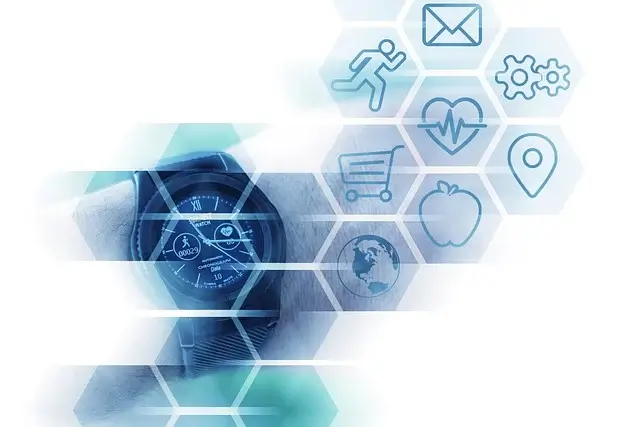
Practical Tips for Users
To maximize the benefits of your ECG smartwatch, follow these practical tips.
How to Use ECG Smart Watches Effectively
1. Follow Instructions: Always follow the manufacturer’s instructions for taking ECG readings.
2. Regular Monitoring: Regularly monitor your heart health and consistently take readings.
3. Stay Still: Ensure you sit still and relax during the reading for the most accurate results.
Interpreting Results Accurately
1. Understand Alerts: Learn what different alerts and notifications mean.
2. Consult Professionals: Use the data to supplement professional medical advice, not a replacement.
3. Keep Records: Maintain a record of your readings to discuss with your healthcare provider.
FAQs
How accurate are ECG readings from smartwatches?
ECG readings from smartwatches are generally accurate but may not be as detailed as medical-grade ECGs. They are reliable for detecting common arrhythmias like AFib but should be used as a supplementary tool alongside professional medical advice.
Can ECG smart watches detect heart attacks?
ECG smartwatches can detect irregular heart rhythms, which may indicate underlying issues, but they are not specifically designed to detect heart attacks. Immediate medical attention is necessary if heart attack symptoms are experienced.
Are there risks associated with using ECG smartwatches?
While generally safe, there is a potential for false positives or negatives. Users should not solely rely on smartwatches for diagnosing heart conditions and should consult healthcare professionals for comprehensive evaluations.
How often should I use my ECG smartwatch?
It depends on individual health needs and recommendations from healthcare providers. Regular use, such as daily or weekly monitoring, can help track heart health trends and detect irregularities early.
What should I do if my ECG smart watch detects an irregularity?
If an irregularity is detected, consult with a healthcare professional immediately. Use the ECG readings as part of the information shared with your doctor for further analysis and advice.
Do I still need regular check-ups if I use an ECG smartwatch?
Yes, regular medical check-ups are essential. ECG smartwatches are useful tools for monitoring heart health but do not replace professional medical evaluations and diagnostic tests.
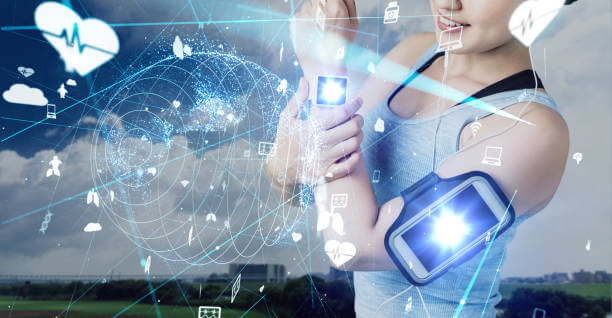
Conclusion
Making the Most of Your ECG Smart Watch
ECG smartwatches offer a convenient and effective way to monitor heart health, providing users with valuable insights and early warnings about potential issues. While not a substitute for professional medical devices, their accuracy and ease of use make them a beneficial addition to your health monitoring toolkit. By understanding their strengths and limitations, you can use these devices effectively to support your heart health and overall well-being.

